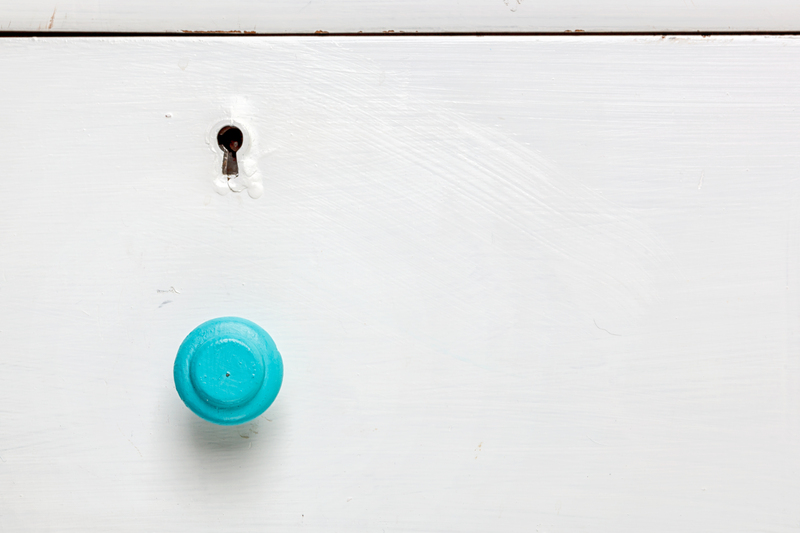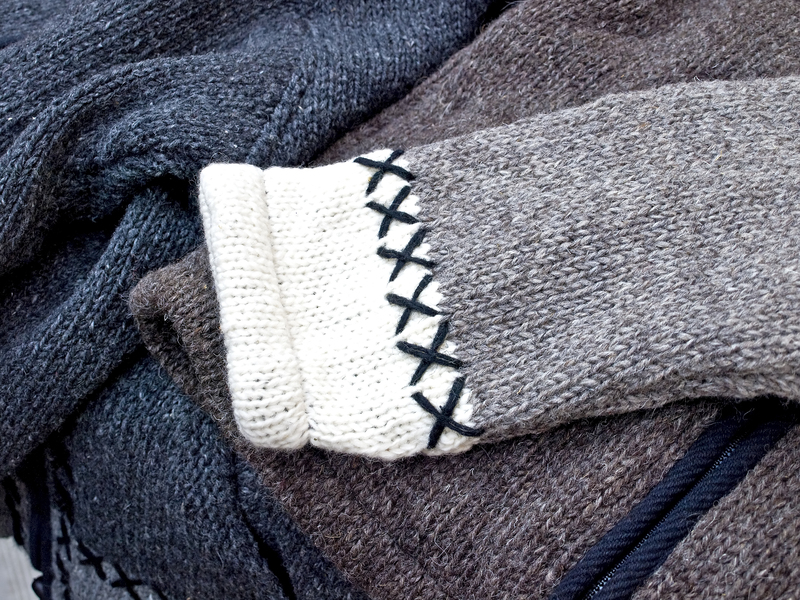How to Save Big When Removing Bulky Waste Items: Smart Strategies for Homeowners
Are you facing the daunting task of getting rid of old furniture, broken appliances, or other heavy junk around your home? Removing bulky waste items can not only be a hassle but can also hurt your wallet if you're not prepared. Luckily, there are several practical and effective ways to save money and even time when it comes to bulky waste disposal. In this detailed guide, we'll discuss everything you need to know about removing bulky waste items on a budget, from DIY solutions to creative cost-sharing ideas and hidden savings tips.
Understanding Bulky Waste Items: What Qualifies?
Before exploring the best ways to save big on bulky waste removal, it helps to know which items fall under this category. Bulky waste includes:
- Furniture (sofas, beds, wardrobes, dressers)
- Large household electrical appliances (fridges, washing machines, ovens, dishwashers)
- Mattresses and box springs
- Garden waste and large branches
- Carpets, rugs, and under-padding
- Large toys or play structures
- Building or renovation debris
Many local authorities have specific lists defining what counts as bulky waste. Make sure to check your municipality's guidelines to avoid unnecessary costs or fines.

Why Is Bulky Waste Removal Often Expensive?
Removing oversized rubbish can be pricier than you might expect due to several reasons:
- Weight and volume - More material means higher transport and disposal costs.
- Special handling - Items like fridges or TVs may require environmental-safe disposal procedures.
- Labor costs - Large items often need extra manpower for removal.
- Limited landfill space leading to higher tipping fees for bulky items.
As a result, finding creative ways to save money on junk removal is essential for homeowners and tenants alike.
How to Save Big When Removing Bulky Waste Items
1. Try to Sell or Give Away Reusable Items
The easiest way to cut your costs is to avoid paying for disposal in the first place. Many bulky items are still in usable condition or have parts that others might want.
- List your items on local online marketplaces (like Facebook Marketplace, Craigslist, or Gumtree) as "free for collection."
- Use apps dedicated to giving away free stuff, such as Freecycle.
- Post in neighborhood groups or community boards.
- Donate items to local charities or shelters if they are in good condition.
*This method not only saves you money but also helps the community and the environment by diverting waste from landfills!*
2. Check Your Local Council's Bulky Waste Collection Services
Most city councils or municipalities offer some form of bulky item pickup -- sometimes even for free or at a subsidized rate. Here's how you can take advantage:
- Visit your local council's website and search for "bulky waste collection".
- Check if you are eligible for free pickups (some councils offer one or two per year).
- Find out about scheduled community clean-up days, where you can place electronics, furniture, or large pieces out for collection.
Be aware that there may be limits on the number of items or the types of waste accepted. Always book early--slots can fill up quickly!
3. Share the Cost with Neighbors through Group Pickups
Rubbish removal companies often charge less per item when picking up several at once. Team up with neighbors who also need bulky junk removal:
- Coordinate a group booking from the same street or apartment block.
- Split the fee, reducing the per-household cost substantially.
- Ask if your chosen service offers group rates or discounts for bulk pickups.
Community collaboration is one of the simplest and most effective ways to save big when removing bulky waste items.
4. Use a Self-Haul Approach for the Cheapest Option
If you have access to a vehicle large enough to transport your waste (like a pickup truck or van), consider self-hauling to your local recycling center, dump, or transfer station. This method can be the cheapest, with disposal fees based mostly on weight or volume.
- Check your nearest recycling centers' prices ahead of time.
- Sort waste into recyclables, donation items, and landfill rubbish for lower fees.
- Enlist a friend to help with loading heavy items safely.
*Many centers have dedicated days or hours for free bulky waste drop-offs--call ahead to inquire!*
5. Timing Is Everything: Take Advantage of Promotions
Many junk removal services run promotions or off-peak discounts. Here's how to benefit:
- Book during the company's low season (usually winter or mid-week days).
- Look for coupons, online signup bonuses, or bundled rates for mixing items.
- Ask about student, senior, or military discounts if applicable.
A little proactive research can help you save big on furniture removal and bulky item hauling!
6. Compare Multiple Quotes and Services
Prices vary widely between providers. Get at least three quotes from reputable bulk waste removal companies. Compare:
- Base prices and what's included (labor, disposal, mileage).
- Any hidden fees or surcharges for particular items.
- Recycling or donation policies, which may save you additional fees.
*iAlways read reviews and ask for recommendations to avoid scams or sub-par service.*
7. Rent a Skip or Dumpster for Large Projects
If you're clearing out an entire house or tackling a renovation, renting a skip (in the UK) or dumpster (in the US) can be cost-effective:
- Choose the right size - too large and you pay extra; too small and you need multiple pickups.
- Fill it efficiently - break down items to maximize space and minimize unused volume.
- Double-check restrictions--some items (like mattresses) may incur extra fees or need separate handling.
Often, neighbors will split a skip and the cost, making this an economical solution for everyone.
8. Upcycle, Repurpose, or Break Down Items Yourself
Get creative and look for opportunities to:
- Upcycle furniture into new pieces for your own home or to sell.
- Break down large items (like beds, cabinets, or old playsets) into manageable pieces that fit in regular waste bins or can be sold as parts.
- Use wood scraps or parts for DIY projects, garden edging, or firewood (where safe and permitted).
By repurposing or disassembling bulky waste, you minimize the volume (and cost) of what needs to go to landfill.
9. Choose Eco-Friendly Junk Removal Services
Some companies actively divert waste from landfills by prioritizing recycling and donation. While their base rates may appear higher, you may ultimately pay less in disposal fees, plus you'll be reducing your environmental impact.
- Ask how much waste they recycle or donate.
- Choose services certified by local environmental agencies.
- Look for companies that offer green disposal guarantees.
What NOT to Do When Removing Bulky Waste Items
Trying to take shortcuts with bulky item disposal can lead to big headaches. Avoid the following:
- Dumping illegally - Fly-tipping is illegal and carries hefty fines in most regions.
- Abandoning items on sidewalks beyond allowed pickup days.
- Mixing hazardous waste (paint, chemicals, electronics) with regular bulky waste--these materials require special handling.
- Hiring unlicensed or uninsured haulers--if they dispose of waste improperly, you could be held responsible.
Always choose reputable disposal options for peace of mind and legal compliance.

Frequently Asked Questions: Getting Smart About Bulky Trash Removal
What if I Only Have One or Two Bulky Items?
For single items like a couch or fridge, try:
- Listing it online as "free to collect".
- Calling your council for a small collection (many offer up to 2 free per year).
- Asking local charities if they'd like it for resale.
How Can I Find Out What's Considered Bulky Waste in My Town?
Search your local council's website for "accepted bulky items list." If unsure, call or email their waste department with a picture of your item.
Should I Tip Junk Removal Workers?
Tipping isn't required but always appreciated, especially if they go above and beyond in moving heavy or awkward items from your property.
Are There Any Items That Shouldn't Go in a Skip or Dumpster?
Yes! Hazardous materials like batteries, paint cans, car tires, electronics, and medical waste need expert handling and different disposal channels.
Conclusion: Save Time, Money, and the Environment
Clearing out hefty junk shouldn't cost a fortune. With the right approach--whether it's selling or donating, sharing the cost, taking advantage of city programs, or comparing options--you can save big when removing bulky waste items from your home or business.
Remember:
- Plan ahead for collection or disposal dates.
- Consider group efforts or community cleanups.
- Don't forget about upcycling or parts salvage for added savings.
- Always dispose responsibly to avoid fines and support a cleaner planet.
By following these tips and strategies, bulky waste removal becomes less of a burden and more of an opportunity to declutter, save money, and maybe even help some neighbors or community organizations along the way!
Ready to tackle that pile of unwanted junk? Use these comprehensive tips to remove your bulky waste items easily, efficiently, and affordably--saving you money and benefiting the environment at the same time.